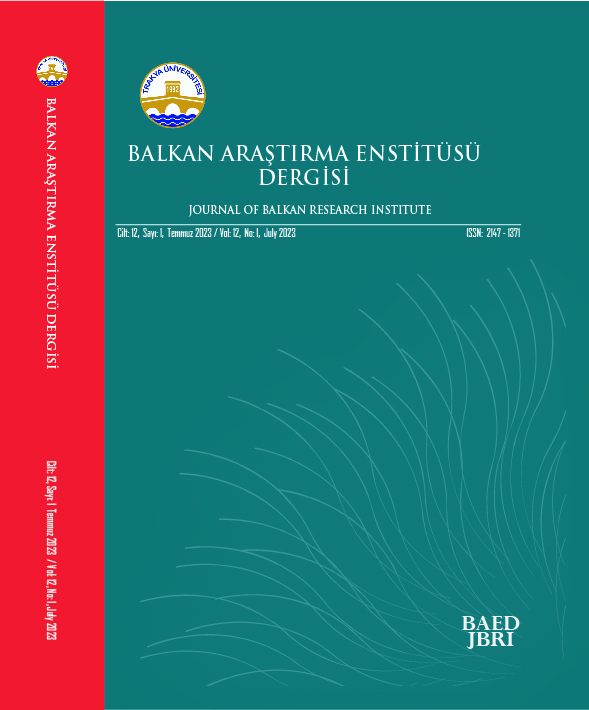İRAN İSLAM CUMHURİYETİ’NİN BALKANLAR POLİTİKASI: BOSNA-HERSEK VE ARNAVUTLUK ÖRNEKLERİ
BALKANS POLICY OF THE ISLAMIC REPUBLIC OF IRAN: THE CASE OF BOSNIA- HERZEGOVINA AND ALBANIA
Author(s): Doğacan Başaran, Emrah KAYASubject(s): Politics / Political Sciences, International relations/trade, Politics and religion, Sociology of Politics
Published by: Trakya Üniversitesi Balkan Araştırma Enstitüsü
Keywords: Iran; Balkans; Sufism; Shiism; Public Diplomacy;
Summary/Abstract: The Islamic Republic of Iran defined its identity through religious values following the Islamic Revolution in 1979. This has shaped Iran's perception of interests and threats. Consequently, Tehran has adopted a strategy known as Shia expansionism. Iran supports Shia groups and attempts to convert individuals from other religious groups to Shia Islam. Iran also seeks to gain influence in the Balkans through an active public diplomacy, focusing on Sufis in the region. Moreover, Tehran occasionally resorts to methods of hard power, such as terrorism and intelligence operations, to achieve its objectives in this region. Additionally, Iran's Balkans policy varies from country to country based on the density of the Muslim population. This article provides a detailed examination of Iran's Balkans policy through the examples of Bosnia-Herzegovina and Albania.
Journal: Balkan Araştırma Enstitüsü Dergisi -Trakya Üniversitesi
- Issue Year: 12/2023
- Issue No: 1
- Page Range: 1-35
- Page Count: 35
- Language: Turkish

